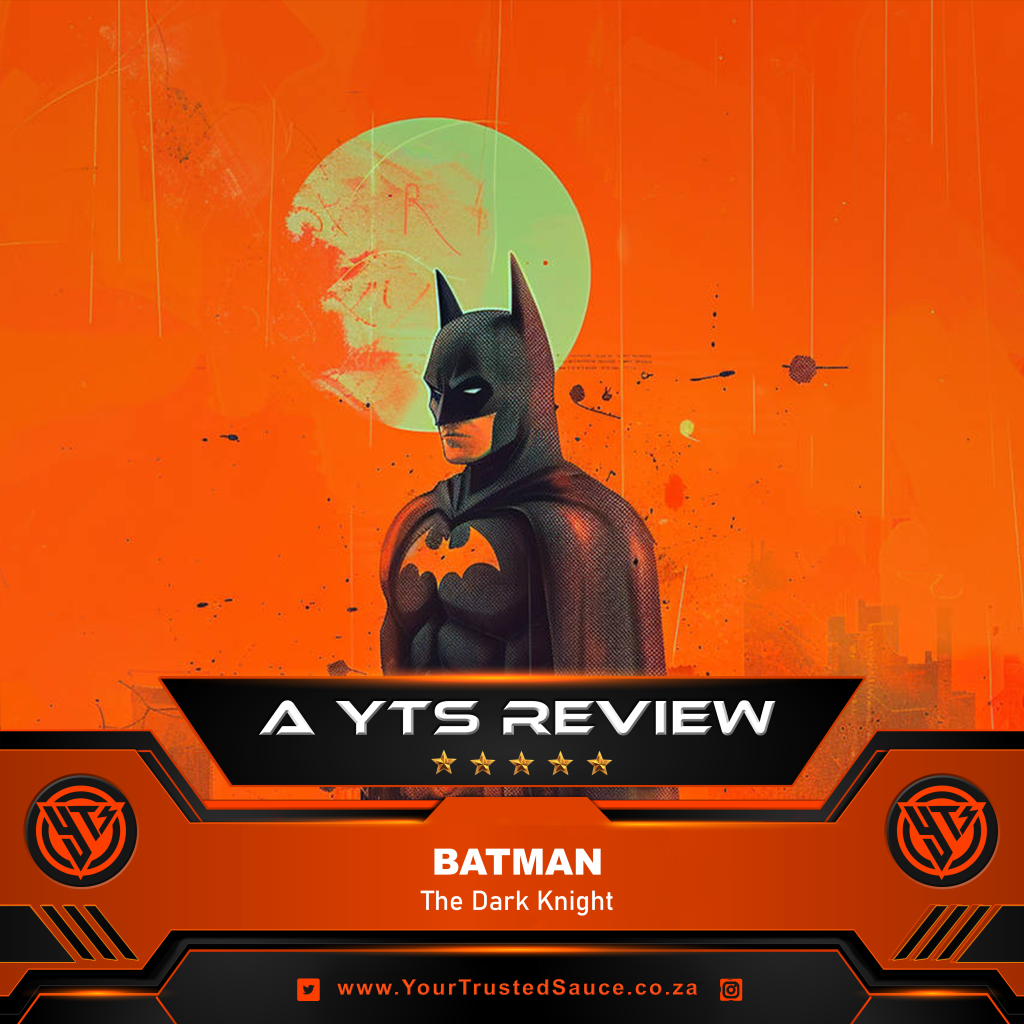The Dark Knight*, directed by Christopher Nolan, stands as a monumental achievement in the superhero genre, transcending the confines of traditional comic book adaptations. It’s a film that doesn’t just explore the battle between good and evil but delves into the psychological complexities of the characters, making it one of the most celebrated films of the 21st century.
Storyline and Themes
The narrative follows Bruce Wayne (Christian Bale) in his ongoing battle against crime in Gotham City, which is rapidly spiraling out of control. The arrival of a new criminal mastermind, the Joker (Heath Ledger), pushes Batman to his physical and moral limits. The Joker isn’t just any villain—he’s an agent of chaos, embodying anarchy in its purest form. His goal isn’t wealth or power, but to upend the system Batman is fighting to protect, by exposing its fragility.
One of the film’s most compelling aspects is how it examines moral ambiguity. Batman’s rigid code is tested as the Joker orchestrates a series of nightmarish scenarios, forcing him and Gotham’s White Knight, District Attorney Harvey Dent (Aaron Eckhart), to make impossible choices. Dent’s tragic descent into Two-Face is emblematic of the film’s exploration of duality and how even the most noble can be corrupted by trauma and loss.
Performances
Heath Ledger’s Joker is the film’s true standout. His performance is chilling, unpredictable, and iconic. Ledger’s Joker is a force of nature—completely terrifying but simultaneously captivating. His presence dominates every scene, and his portrayal elevates the character beyond the usual comic book villain archetype, earning him a posthumous Academy Award.
Christian Bale, as Bruce Wayne/Batman, brings depth to a hero torn between his desire to be a symbol of hope and the grim reality of what it takes to combat evil. His portrayal of Batman is both stoic and deeply vulnerable, embodying the struggle between his public persona and personal anguish.
Aaron Eckhart’s Harvey Dent serves as the emotional heart of the film, his transformation into the villainous Two-Face acting as a tragic reflection of Gotham’s moral decay.
Cinematography and Direction
Nolan’s direction is masterful. The film’s pacing is intense, building tension with every scene, and the action sequences are executed with precision. Wally Pfister’s cinematography is gorgeous, especially in its use of IMAX cameras during pivotal scenes like the opening bank heist and the unforgettable truck flip sequence. The stark contrasts between Gotham’s shiny skyscrapers and its dark underbelly visually mirror the moral dichotomies at play.
Hans Zimmer and James Newton Howard’s score enhances the film’s atmosphere, blending pulse-pounding tension with melancholic undertones, especially in the Joker’s unsettling theme.
Beyond Superhero Tropes
What sets The Dark Knight apart from other superhero films is its weighty philosophical subtext. The film explores the idea of heroism and sacrifice, questioning the cost of maintaining order in a world that teeters on the edge of chaos. It blurs the line between vigilante justice and authoritarianism, offering no easy answers. Batman’s struggle to remain incorruptible is a microcosm of society’s larger battle against the chaos represented by the Joker.
Even without the context of its comic book origins, The Dark Knight works as a crime thriller. It’s as much a psychological drama as it is a superhero epic, dealing with themes like terrorism, societal order, and the fragility of civilization. The film has often been compared to Michael Mann’s Heat for its gripping action and the complex interplay between its protagonist and antagonist.
Conclusion
The Dark Knight isn’t just a superhero movie—it’s a cinematic masterpiece that challenges its audience to confront uncomfortable truths about morality, justice, and the nature of heroism. With unforgettable performances, thrilling action, and a hauntingly resonant story, it remains a high watermark not only in the Batman saga but in modern filmmaking.
Nolan’s vision, coupled with Ledger’s iconic performance, elevates The Dark Knight into a class of its own—dark, profound, and ultimately unforgettable.


